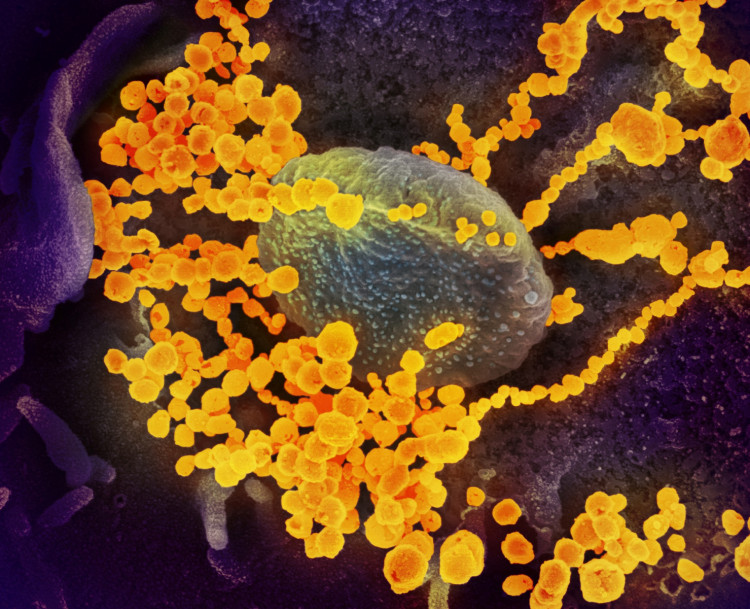Persons previously infected by some coronaviruses causing the "common cold" might see a decrease in the severity of COVID-19.
A new study published in the Journal of Clinical Investigation, however, reveals the immunity acquired from previous non-SARS-CoV-2 coronavirus infections doesn't prevent individuals from getting COVID-19. SARS-CoV-2 (severe acute respiratory syndrome coronavirus 2) is the virus that causes COVID-19.
Led by researchers at Boston Medical Center and Boston University School of Medicine, the study points out while SARS-CoV-2 is a relatively new pathogen, there are many other types of coronaviruses endemic in humans that cause the common cold and pneumonia.
These coronaviruses share some genetic sequences with SARS-CoV-2. It's also known the immune responses from these coronaviruses can cross-react against SARS-CoV-2.
Common human coronaviruses include types 229E, NL63, OC43, and HKU1. These coronaviruses usually cause mild to moderate upper-respiratory tract illnesses like the common cold, said the U.S. Centers for Disease Control and Infection.
Centers for Disease Control and Prevention said most people become infected by one or more of these coronaviruses in the course of their lives. Common symptoms of the common cold include runny nose, sore throat, headache, fever, cough and a general feeling of being unwell.
The new study provides important insight into the immune response against SARS-CoV-2. The findings might have significant implications on COVID-19 vaccine development.
Researchers analyzed electronic medical data from individuals who had a respiratory panel test (CRP-PCR) result between May 18, 2015, and March 11, 2020. They also examined data from individuals tested for SARS-CoV-2 between March 12, 2020, and June 12, 2020. CRP-PCR detects diverse respiratory pathogens, including endemic common cold coronaviruses.
After adjusting for key variables, researchers found that COVID-19 hospitalized patients with a previous positive CRP-PCR test result for a coronavirus had significantly lower odds of being admitted to the intensive care unit (ICU), and lower trending odds of requiring mechanical ventilation during COVID-19.
Also, the probability of survival was significantly higher in COVID-19 hospitalized patients with a previous positive test result for a "common cold" coronavirus.
On the other hand, a previous positive test result for a coronavirus didn't prevent someone from being infected with SARS-CoV-2.
"Our results show that people with evidence of a previous infection from a 'common cold' coronavirus have less severe COVID-19 symptoms," said Dr. Manish Sagar, an infectious diseases physician and researcher at Boston Medical Center and the study's co-corresponding author.
Another interesting finding is that immunity might prevent COVID-19 in ways that are different from preventing infection by SARS-CoV-2. This was revealed by the fact patient groups had similar likelihoods of infection but differing likelihoods of ending-up in the ICU or dying.
"People are routinely infected with coronaviruses that are different from SARS-CoV-2, and these study results could help identify patients at lower and greater risk of developing complications after being infected with SARS-CoV-2," said Dr. Joseph Mizgerd, ScD, professor of medicine, microbiology, and biochemistry at Boston University School of Medicine and the study's co-corresponding author.
"We hope that this study can be the springboard for identifying the types of immune responses for not necessarily preventing SARS-CoV-2 infection but rather limiting the damage from COVID-19."






